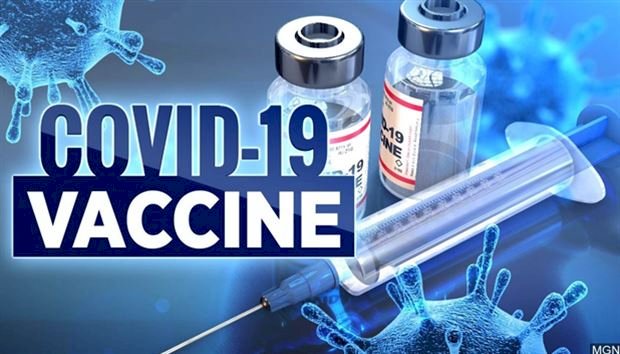Dr. Priyom graduated from the University of Madras in India with a Ph.D. in Plant Biology and Biotechnology. She is a dedicated researcher as well as a professional science writer. Priyom has also co-authored a number of existing scientific articles that have appeared in reputable peer-reviewed publications. She has a keen interest in different genres of books, and she is also a budding photographer.
Educational Qualifications
- University of Madras- Doctor of Philosophy Field Of Study Microbiology, General
- Ethiraj College For Women- Master of Science - MS Field Of StudyPlant Biology and Plant Biotechnology
- Bethune College -Under graduation Field Of Study Botany/Plant Biology (Hons)
- Welland Gouldsmith School- ISC
When we talk about Dr. Priyom, the characteristics that spring to mind are dedication, genuine, and analytic are the major descriptive features of Dr. Priyom. She also an inspiring worker. Her capacity to deal with competing priorities in high-pressure circumstances astounded many of them. Priyom is an asset to any research team since she always does extensive study to discover a solution to an issue.
Priyom is a committed and skilled scientific writer. She has the ability to provide well-researched technical material to readers in an engaging and interesting manner.
In her recent study,'' Will the US’s COVID-19 vaccination campaign be undermined by novel SARS-CoV-2 variants of concern?
Many scientists and public health professionals believe that widespread vaccination is the only option to stop the current coronavirus epidemic (2019), which is caused by coronavirus 2 that causes severe acute respiratory syndrome (SARS-CoV-2). This highly infective RNA betacoronavirus, which belongs to the Coronaviridae family, was originally discovered in Wuhan, China, in December 2019. The condition can be mild or severe, ranging from asymptomatic infection to life-threatening severe multi-organ system failure. The SARS-CoV-2 worldwide epidemic is the third and deadliest betacoronavirus outbreak of the twenty-first century.
Context
The COVID-19 epidemic has wreaked havoc on several nations across the world. Non-pharmaceutical treatments (NPIs) like social distance, facemasks, isolation of persons with illness symptoms, regional lockdowns, and others were used solely to control the pandemic. Various COVID-19 vaccines were being tested in the meantime. Pfizer-BioNtech, Moderna Inc, and Johnson & Johnson vaccines all got EUA, and a fast vaccination campaign was launched.
All other authorised vaccinations can only be given to adults, with the exception of the Pfizer vaccine, which can be given to youngsters between the ages of 12 and 15. The development of SARS-CoV-2 variations has recently called into doubt the efficacy of authorised vaccinations, which were all intended to combat the initial SARS-CoV-2 strain that appeared in China in late 2019.
Not only is the B.1.1.7 strain more aggressive, but it's also been linked to more hospitalisation and fatalities.
Vaccine-Induced Immunity's Efficacy
These methods have effectively evaluated the level of cross-protective immunity from vaccinations to protect the public against the newly emerging SARS-CoV-2 variants after immunisation began.
The evaluation of the vaccine-derived herd immunity barrier for the United States is the major aspect of this mathematical model. Furthermore, in the model indicated in the United States, vaccine-induced herd immunity may be achieved by vaccinating 61 percent of the population with either the Pfizer or Moderna vaccines. The COVID-19 prevalence is dependent on three primary variables, according to a parameter sensitivity study in the US.
According to the present study, there are a few scenarios in which a novel variation might increase the frequency of COVID-19 cases in the United States.
Vaccine coverage against the wild strain is inadequate (about 50%). The variation is considerably more transmissible than the wild-type strain. The vaccination provides only a limited amount of cross-protection.
If the transmission rate of a new SARS-CoV-2 variation is considerably higher, quantitative models suggest that it is uncertain to be prevalent in the United States. Furthermore, a modest amount of cross-protection against the new variation will predominate if at least 66 percent of the US population is completely vaccinated with three authorised
vaccines manufactured by Pfizer, Moderna, and Johnson & Johnson. As a result, there is scope for change in terms of evaluating many variants and predicting the aggregate impact on the community.
''Important Notice Stated by Dr.Priyom Bose,
medRxiv publishes preliminary scientific reports that are not peer-reviewed and, therefore, should not be regarded as conclusive, guide clinical practice/health-related behaviour, or treated as established information''.



 Local BangaloreTeam
Local BangaloreTeam 










